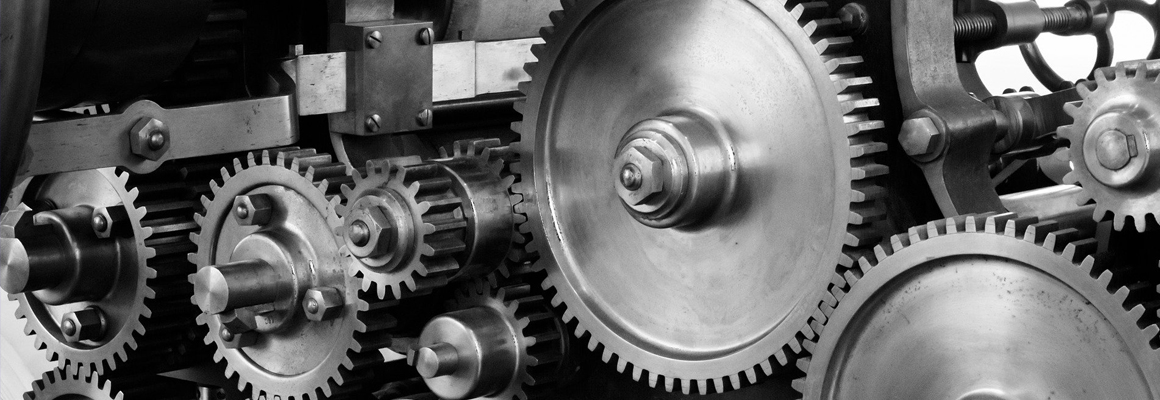What Factors Influence Purchasing Decisions for Pulley Bearings?
Sep. 19, 2025
Purchasing decisions for pulley bearings are influenced by various factors that can significantly impact both performance and cost. Understanding these factors can help manufacturers, suppliers, and users make informed choices when selecting the right bearings for their applications.
If you want to learn more, please visit our website Doors And Windows Pulley Bearing Wholesaler.
Understanding Pulley Bearings
Pulley bearings are essential components in many mechanical systems, enabling efficient movement and support for rotating shafts. The right choice of bearing can lead to enhanced performance, increased lifespan, and reduced operational costs. When considering purchasing decisions, several key factors come into play.
1. Material Quality
The material used in constructing a pulley bearing is critical. High-quality materials typically lead to better durability and performance. Various materials like steel, ceramic, and polymer are commonly used. For example, steel pulley bearings offer strength and resilience, while ceramic bearings can provide superior performance under high temperatures. According to a survey by the Bearing Specialists Association, 80% of purchasers consider material quality as a top priority in their decision-making process.
2. Load Rating
Load rating is another crucial factor influencing purchasing decisions for pulley bearings. It determines the maximum load a bearing can support during operation. Bearings with higher load ratings are generally more expensive but are necessary for applications that require heavy-duty performance. According to industry standards, bearings are categorized based on their Dynamic Load Rating (D) and Static Load Rating (C), which should be considered carefully to ensure suitability for specific applications.
3. Size and Compatibility
The size of the pulley bearing must match the specifications of the application. It’s essential to measure the shaft diameter, housing dimensions, and any other relevant parameters. Mismatched bearings can lead to reduced efficiency and premature failure. As per a report from Machinery Lubrication, about 60% of premature bearing failures are linked to improper sizing.
4. Manufacturer Reputation
The reputation of the manufacturer plays a significant role in purchasing decisions. Established manufacturers often have a track record of reliability and quality. Users frequently conduct background checks, read reviews, and request references before making a purchase. A study by the Global Market Insights estimates that 75% of industrial buyers prioritize vendor reputation. Choosing a reliable Doors And Windows Pulley Bearing Wholesaler can lead to optimal product choices and service reliability.
Further reading:Understanding the 6836 Bearing: Key Insights
5. Cost and Budget
Top 5 K08 Bearing Types: Which One Is Right for You?
Thrust Ball Bearing vs Thrust Roller Bearing: Which is Better?
Cost is often one of the decisive factors in purchasing decisions. While it may be tempting to opt for cheaper alternatives, lower prices can sometimes translate to lower quality and higher long-term costs due to increased maintenance and replacement needs. According to Deloitte's Manufacturing Industry Outlook, 65% of buyers prioritize cost initially but later focus on total cost of ownership (TCO), which includes maintenance and operational efficiency.
6. Lubrication and Maintenance Needs
Different pulley bearings require varying levels of lubrication and maintenance. Some bearings come pre-lubricated and sealed, while others may require periodic maintenance. A report from the American Society of Mechanical Engineers indicates that bearings requiring less maintenance tend to be more appealing, especially in industries where downtime is costly.
7. Environmental Considerations
With increasing regulations regarding sustainability, environmental factors cannot be overlooked. Many companies are now considering the environmental impact of their purchasing decisions. This includes looking at the energy efficiency of the bearings and the environmental footprint of their materials. Research by Markets and Markets shows that 57% of purchasing managers are guided by sustainability concerns, making it a significant factor in decision-making processes.
8. Availability and Supply Chain
Lastly, the availability of pulley bearings in the market is vital. Delayed supplies can lead to production halts, emphasizing the need for a strong supply chain. A report by the Supply Chain Management Review revealed that 72% of manufacturers rely on suppliers who can provide consistent availability of products.
In conclusion, making informed purchasing decisions regarding pulley bearings requires thorough research and consideration of various factors. From material quality to manufacturer reputation, each aspect plays a pivotal role in determining the best choice for any mechanical application. By understanding these influencing factors, buyers can ensure they are making well-rounded choices that will serve their operational needs effectively.
Are you interested in learning more about 6836 Bearing? Contact us today to secure an expert consultation!
90
0
0
All Comments (0)
If you are interested in sending in a Guest Blogger Submission,welcome to write for us!




Comments